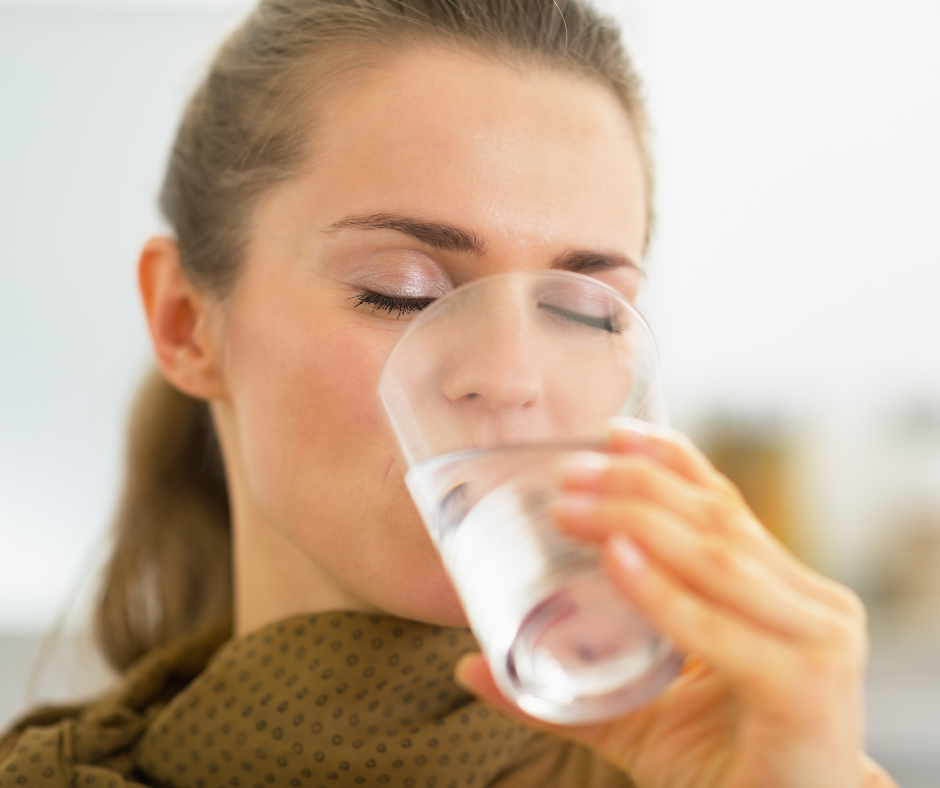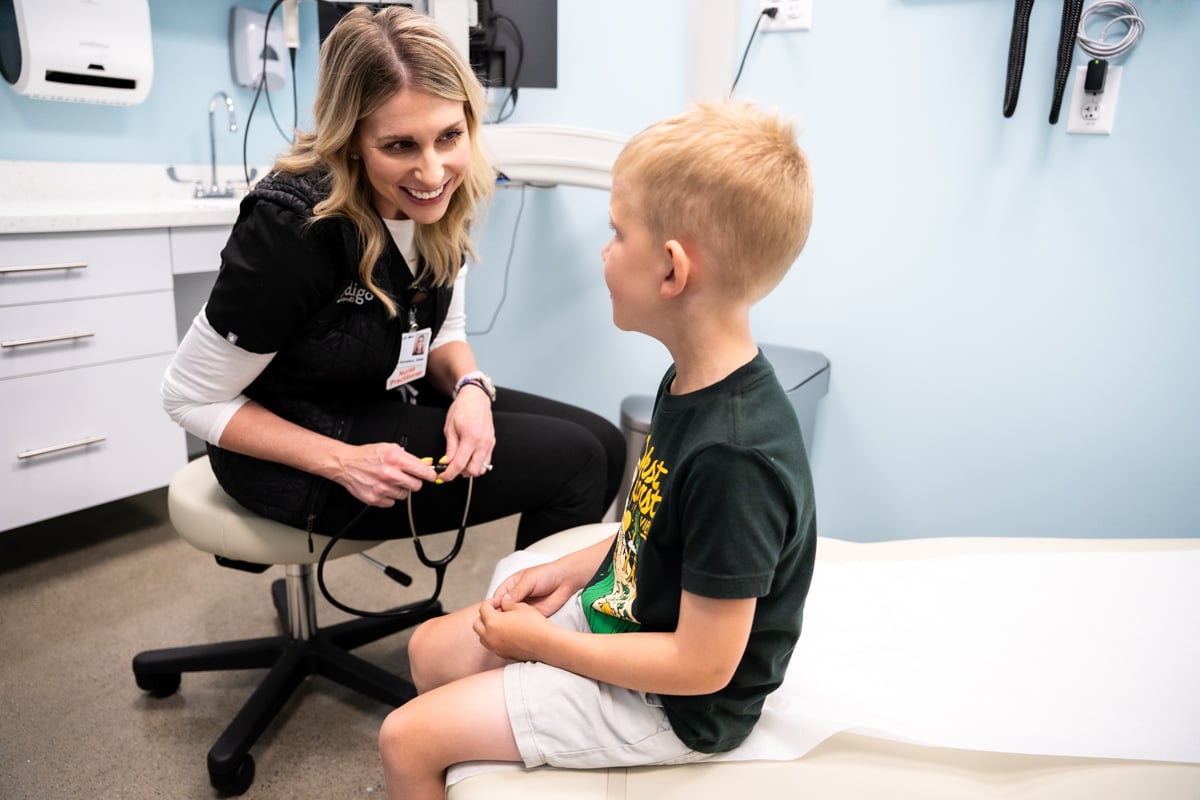Dehydration can be extremely dangerous — and often misunderstood.
Around 60 percent of the human body is water, so maintaining proper hydration is key to everything working the way it should. When the body loses more fluids than it takes in, that can lead to some unpleasant symptoms like headaches and fatigue, or more severe complications, such as heatstroke, heat exhaustion, seizures, kidney failure and coma.
But knowing how to stay appropriately hydrated isn’t exactly clear as water. Here are five dehydration myths worth busting.
Myth #1: You should drink eight, eight-ounce glasses of water every day to stay hydrated.
Fluid needs are different for everyone, so there’s simply no magic number when it comes to adequate water intake. For many, drinking eight cups of water per day may not be enough to stay properly hydrated.
So, how much water is right for you? Here are some guidelines compliments of the U.S. National Academies of Sciences, Engineering and Medicine:
- Adult men need about 15.6 cups (124.8 ounces) of water per day
- Adult women require around 11.4 cups (91.2 ounces) of water per day
- Some people should be drinking even more water, including pregnant and lactating women, individuals who live in especially hot climates and those who exercise regularly
- Young children may only need 4 cups (32 ounces) of water a day to receive adequate hydration
Additionally, individuals who live in areas affected by wildfire smoke may also need more water to prevent dehydration.
When in doubt about how much water you need, ask your medical provider.
Myth #2: Your morning cup of coffee (or can of Diet Coke) will dehydrate you.
When it comes to dehydration, coffee has gotten a bad rap for a long time. And while many continue to peddle the myth that your daily dose of java is a significant diuretic, new research reveals that drinking caffeinated beverages as part of a normal lifestyle doesn’t cause fluid loss beyond the volume you take in.
So, go ahead and enjoy your morning cup of coffee or tea. Just don’t overdo it. Consuming more than 3-5 cups of coffee or 40 ounces of caffeinated soda could put you at risk for dehydration.
Myth #3: Being dehydrated is normal.
The prevailing myth that everyone is chronically dehydrated just isn’t true — as long as you’re eating a healthy diet.
A diet that relies too heavily on meat and grains can contribute to dehydration, so be sure to load up on the fruits and veggies. Ideally, you can get one-fifth of the water you need from water-rich, plant-based foods. Watermelon, cucumbers, cauliflower, spinach and strawberries, for example, are more than 90 percent water.
Myth #4: Thirst is the main indicator of dehydration.
Thirst isn’t a helpful indicator of hydration. In fact, by the time you do feel thirsty, you’re already dehydrated.
Signs of dehydration include:
- Headache
- Lightheadedness
- Dry mouth
- Fatigue
- Fainting
- Confusion
- Markedly infrequent trips to the bathroom
Don’t count on dark urine as a reliable indicator of dehydration. Medications, vitamins and supplements may also affect urine color.
Myth #5: Sports drinks are more hydrating than water.
According to the Colorado Academy of Family Physicians (CAFP), water is the healthiest liquid for adults and children to drink. And it’s probably your best bet to stay hydrated before, during and after most workouts.
While sports drinks may be lauded as healthy or necessary while exercising, many contain a lot of calories, sodium and sugar. You’re not going to find any of those things in water.
If you exercise for more than 90 minutes at a time, however, you may benefit from the electrolytes, minerals and sodium found in sports drinks.
Don’t let dehydration get you down. Indigo can help.
If you or a loved one feel the effects of dehydration, the trusted, friendly medical professionals at Indigo Health are available every day from 8 am to 8 pm. And when you prefer care from the comfort of home or when you’re on the road, Indigo Online Care is a great option.
Severe dehydration can be serious and life-threatening. Seek medical help right away and call 911 if symptoms include:
- Fever greater than 101
- Confusion and/or disorientation
- Fainting
- Lack of urination
- Rapid heartbeat and/or rapid breathing
- Chest and/or abdominal pain
Indy tip: Skip the soda and infuse plain water with fresh fruit, vegetables or herbs for extra flavor and nutrients. Miss the bubbles? Selzer water with a splash of lemon, lime or juice is also a tasty, hydrating choice.


